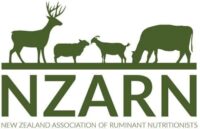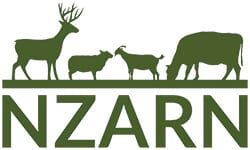Search results...
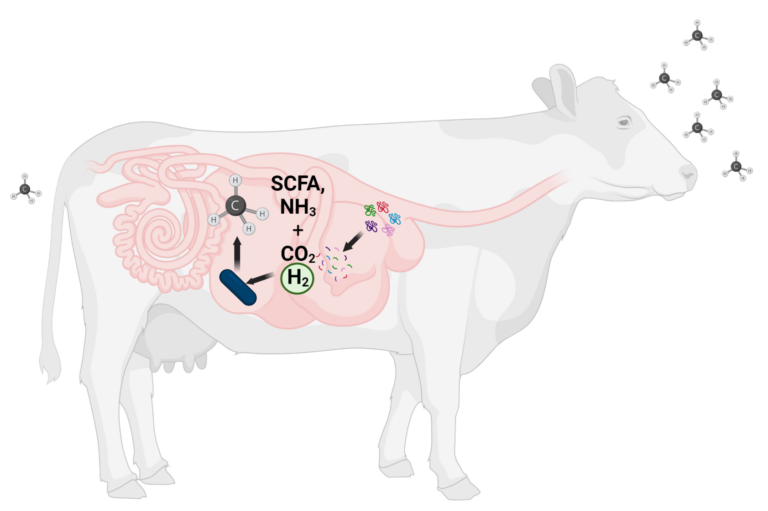
David Pacheco – Options for abatement of enteric methane emissions from ruminants
During this session David covered the indirect and direct options for mitigating enteric methane. Indirect options include improving feed quality and animal health for improved animal efficiency and reduction in GHG . Direct interventions act directly in the rumen to reduce methane and include options such as methane inhibitors , vaccines, feed composition and plant
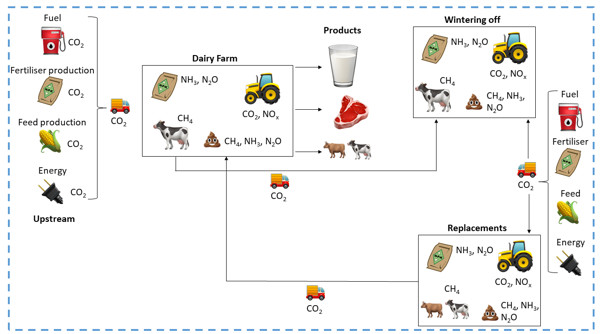
Andre Mazzetto – Life Cycle Assessment – the importance of feed in the footprint of animals
Lifecycle assessment (LCA) is a technique for assessing the environmental aspects and potential impacts associated with a product, system or service. In this session, Andre covered what different components make up an LCA and talked about the importance of accounting for full impacts as when making changing to practices one boundary may make the change
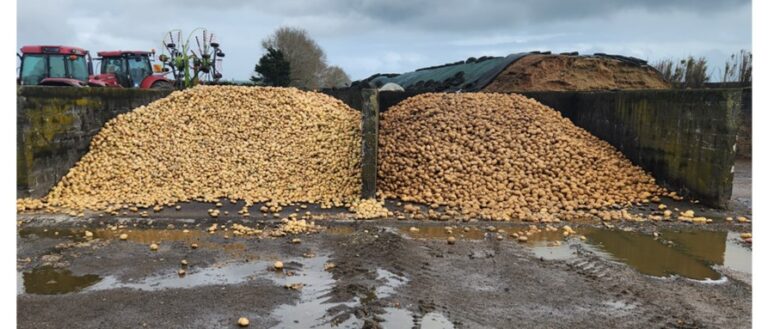
Paul Sharp – Feeding food waste to cows
Paul’s years of experience working with farmers who have access to food waste coming from the human food chain shone through in his session. Paul talks about what type of waste products he uses on a common basis as well as some of the alternative products. He steps through how to review different feed options
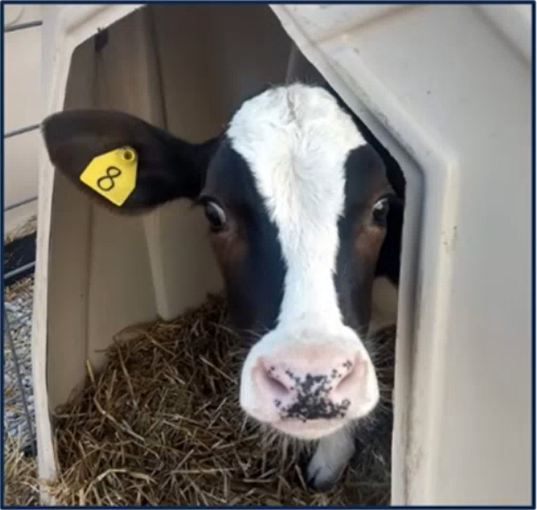
Dr James Drackley – NASEM Requirements for Calves and Update on Intensified Feeding
Dr. Jim Drackley is Professor of Animal Sciences at the University of Illinois at Urbana Champaign. Jim grew up on a small dairy farm in Minnesota and received his Ph.D. in nutritional Physiology from Iowa State University. Since joining the faculty of the University of Illinois in 1989, his research program has focused on improving
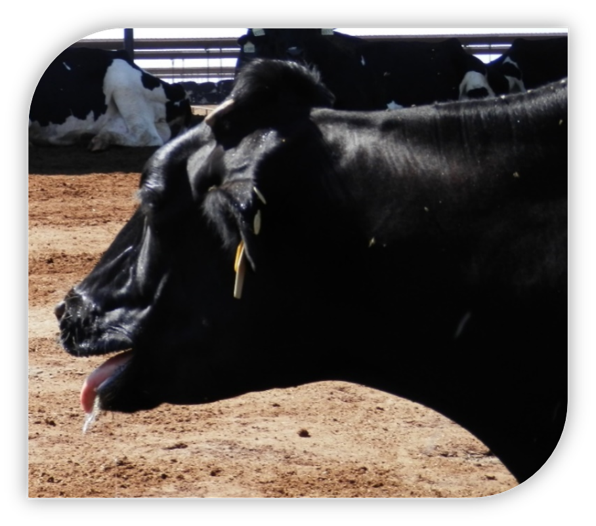
Understanding and mitigating heat stress in NZ dairy cows – Kirsty Verhoek
Kirsty gave an overview of heat stress, measuring and mitigating heat stress and the new research in heat stress within NZ. In the summer of 2023 Dairy NZ carried out a trial reviewing heat stress, and while this was one of the wettest summer in over a decade, there was significant data including high wind
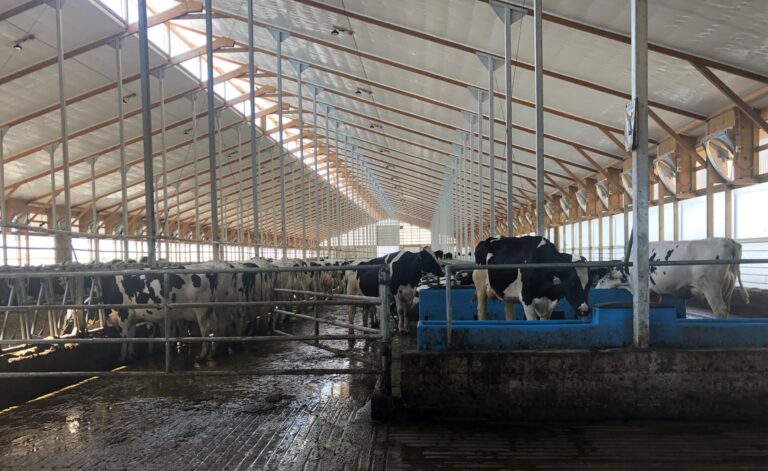
Farm systems and driving revenue – Pip Gale
Pip starts the session by outlining some key factors that we need to reach broad agreement about with regard to dairy productivity and profitability. “Can we agree that”…. 1) The three bottom lines of animal welfare, environmental and economic sustainability are created by the management of biological production systems. 2) Cutting all costs contravenes point
